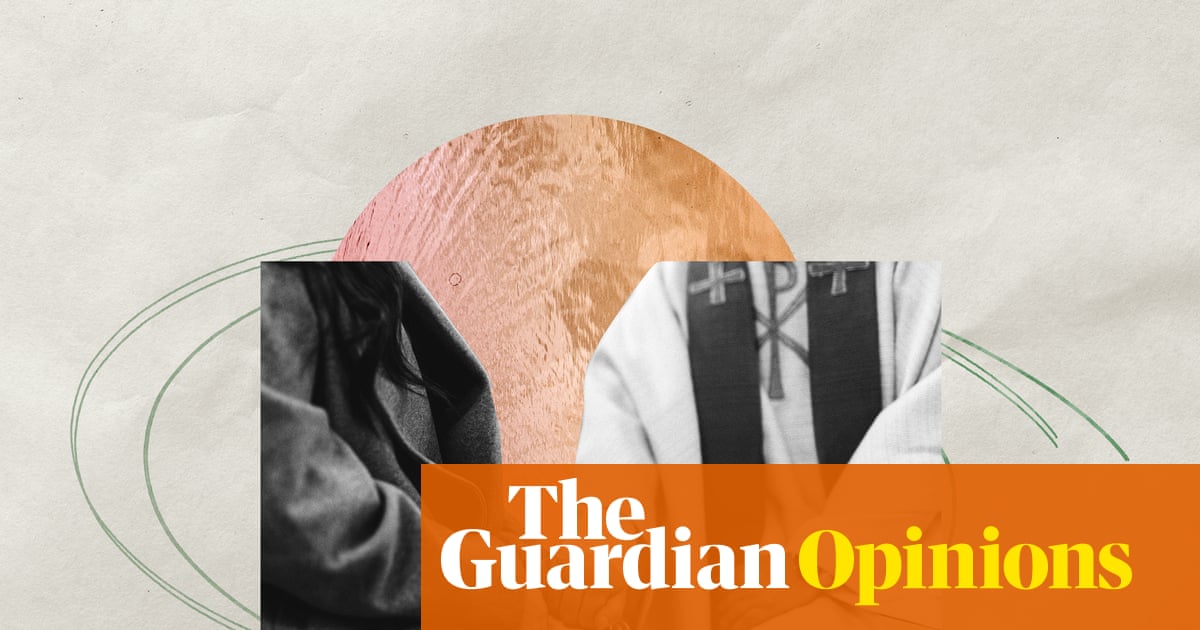
"Normally, a person goes about their life, making meaning of everything that happens to them, slotting it into a world that makes sense. Psychologist Bessel van der Kolk explains that a traumatic event short circuits this process. Trauma overwhelms a person, rendering them unable, in the moment, to integrate the event into their lives. In the context of spirituality, trauma is a hand grenade, exploding two of spirituality's primary functions: to help a person make meaning and feel at home in the universe."
"A survivor of trauma has two choices. They can develop a new way of making sense of the world; or live with existential despair, believing that nothing can ever make sense again. For many years, I opted for the latter. I think of my seven-year-old self, struggling to understand why my sister had been given cancer by a loving God. The cancer was real, ergo God wasn't."
Trauma short-circuits the normal process of integrating experiences into a coherent worldview, leaving survivors unable to make sense of overwhelming events. Spirituality normally provides meaning and a sense of belonging in the universe; trauma destroys those functions, creating existential rupture. Survivors face two paths: reconstruct a new framework for meaning or live in persistent despair that nothing can make sense. Childhood trauma can cause lifelong religious departure when apparent evil contradicts prior beliefs. Trauma survivors often confront an emptiness that overwhelms existing explanations and must rearticulate values, beliefs, and a sense of safety across physical, psychological, and spiritual domains.
Read at www.theguardian.com
Unable to calculate read time
Collection
[
|
...
]